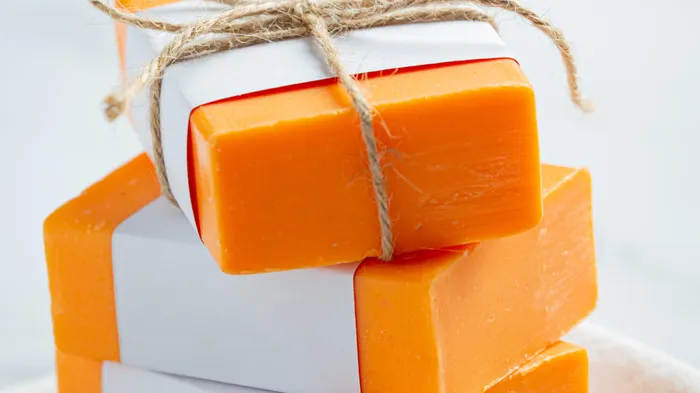Government's palm oil rebate: A relief for your grocery expenses?

A government rebate on palm oil could benefit consumers if industry passes on any cost savings.
Image: Freepik
Your soaps and detergents could get a little cheaper after government scrapped import duties on palm oil used in these products.
The International Trade Administration Commission (ITAC) has introduced a rebate on palm oils, following a request from Unilever South Africa.
In its application, Unilever said that, should tariff support be granted, employment is expected to remain constant for the period 2024 to 2026, while it expects total investment in the subject product to increase during the same period.
The new manufacturing rebate applies to palm oil classified for use in the manufacture of cooking oils, soaps, and organic surface-active products.
Palm oil, widely used in food and household products, can’t be grown anywhere in the Southern African Customs Union because the climate isn’t suitable.
Tonderai Chibasa, manager of Tariff and Trade Remedies at XA Global Trade Advisors, said Unilever argued that palm oil is an essential raw material in many products on supermarket shelves.
Among the factors that guided ITAC was that it cannot be produced locally, and substitutes like sunflower or soybean oil are not technically or economically viable alternatives for soap manufacturing without costly modifications.
South Africa imported about R10.3 billion worth of product under the relevant tariff code in the past year, but only 9% came in under an existing rebate.
Chibasa said this shows that either companies are not tapping into available relief, or the system is too narrow.
He questioned whether manufacturers are failing to take full advantage of available rebate provisions.
Another aspect Chibasa queried was whether there was scope for more rebates, given ITAC’s confirmation that there are no local producers palm in the regional trade bloc.
“Alternatively, it may be more practical to remove the duty altogether, create a separate tariff code since there is little likelihood of someone setting a plant locally in the near future,” he said.
Such measures ensures that essential inputs not available locally do not become a bottleneck to competitiveness, Chibasa added.
Palm oil is not only versatile for industry but also carries health-linked properties. A review in Nutrients found that red palm oil is packed with antioxidants such as vitamin E, tocotrienols, and beta-carotene, which help preserve food and may support human health.
ITAC noted that palm oil constitutes 36% of global vegetable oil supply while using less than 9% of agricultural land dedicated to oil crops, producing 40% of global demand.
Another study in the Journal of Oil Palm Research highlighted its unique fatty-acid mix that makes it indispensable in soaps and detergents, giving them their texture and lather.